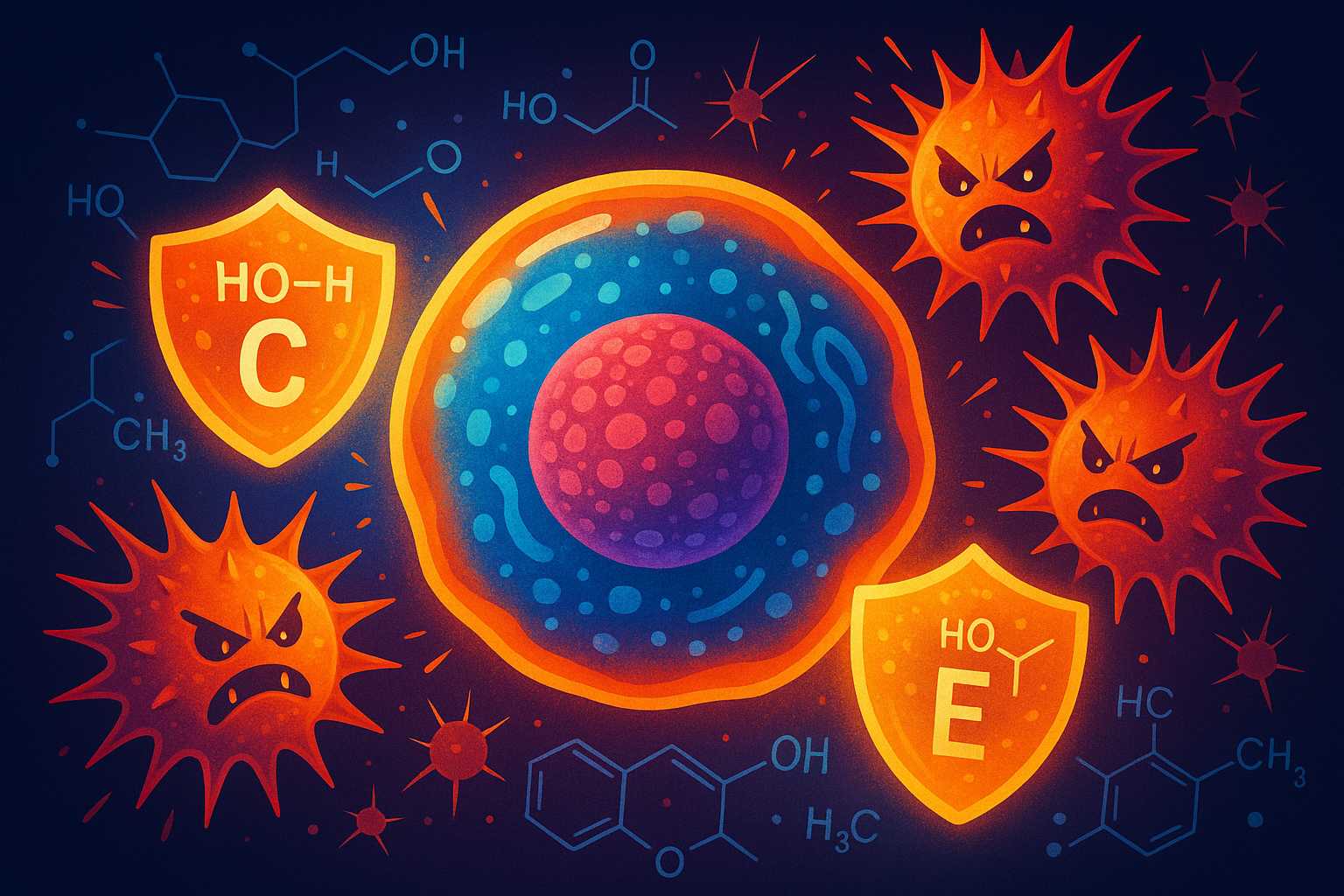Category: Technology/Science
-
Historic Discoveries Redefine Our Understanding of Black Holes
The universe is no stranger to surprises, but recent observations around black holes have led to a cascade of revelations upending assumptions even many experts once took for granted. From the heart of our own Milky Way to the depths of distant galaxies, astronomers are witnessing phenomena that both challenge and reinforce foundational theories. Let’s…
Written by
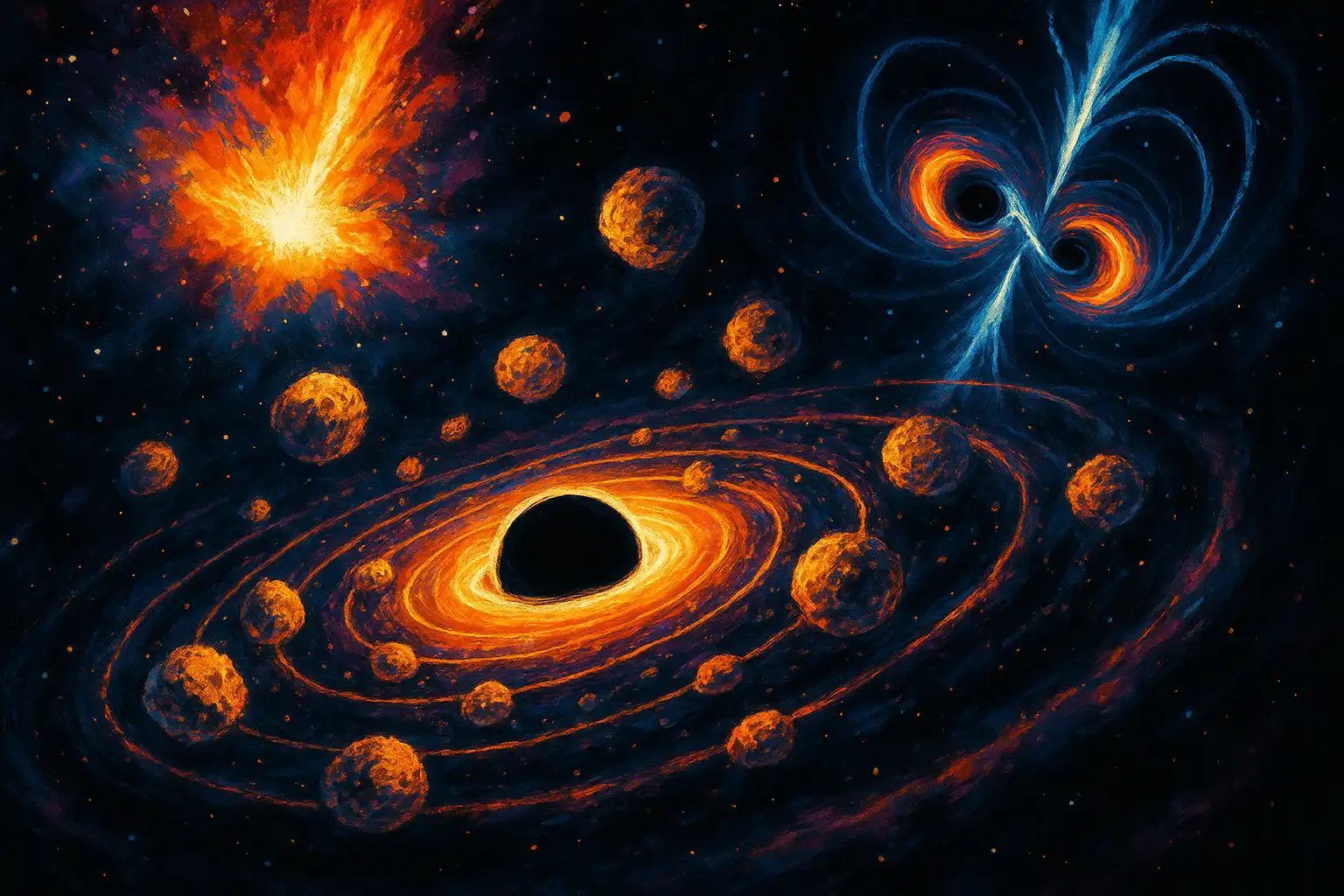
-
The Vera C. Rubin Observatory: Revolutionizing Astronomy with the Legacy Survey of Space and Time
The night sky has always held a sense of wonder, but modern astronomy is about to delve into new depths thanks to the Vera C. Rubin Observatory, currently being completed in Chile. Named in honor of Vera Rubin, the pioneering astronomer whose work showed that most of the universe’s mass is made up of unseen…
Written by
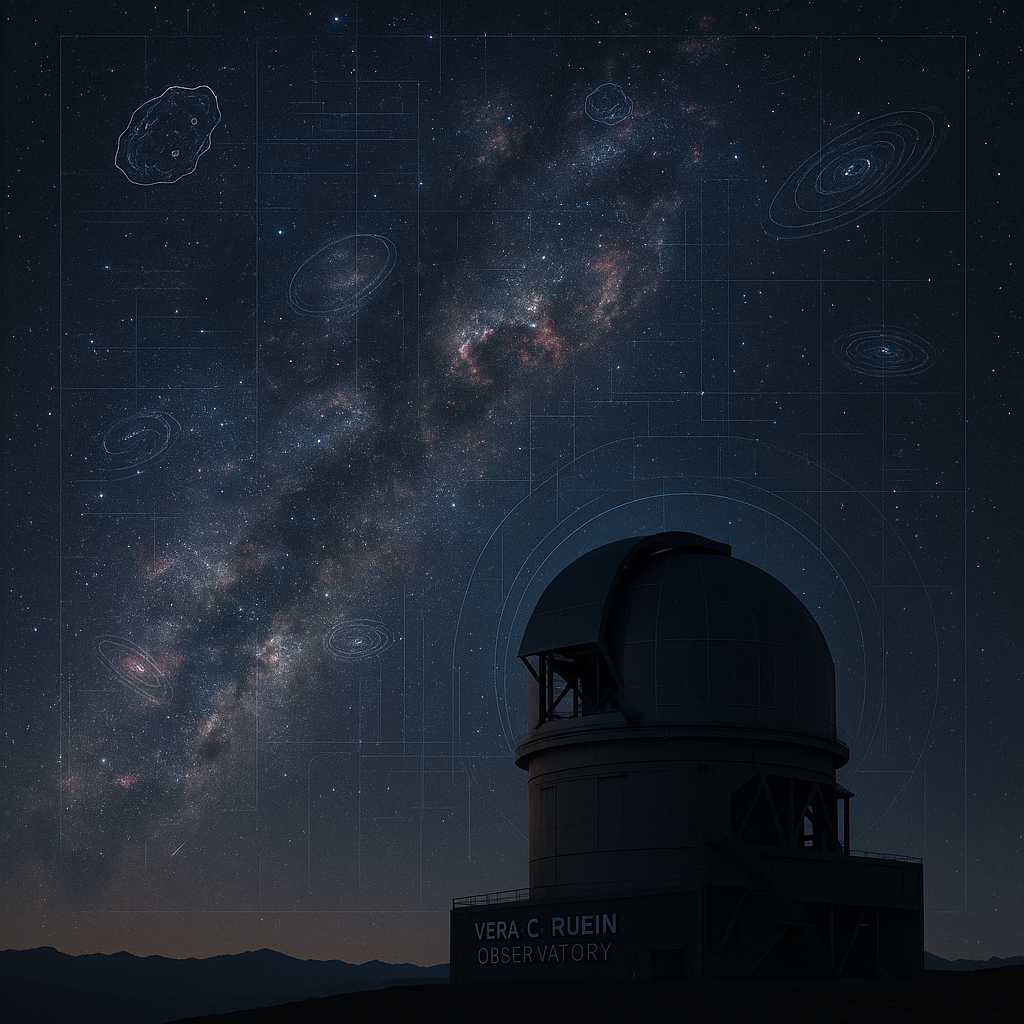
-
Photosynthesis: How Plants Turn Sunlight Into Life
Photosynthesis is one of the most fundamental processes on Earth, fueling not only the growth of plants but also the entire food chain, including humans. As a scientist with a passion for biology and chemistry, I’m fascinated by the elegant chemistry that underlies this process — and I’d like to share how it works and…
Written by
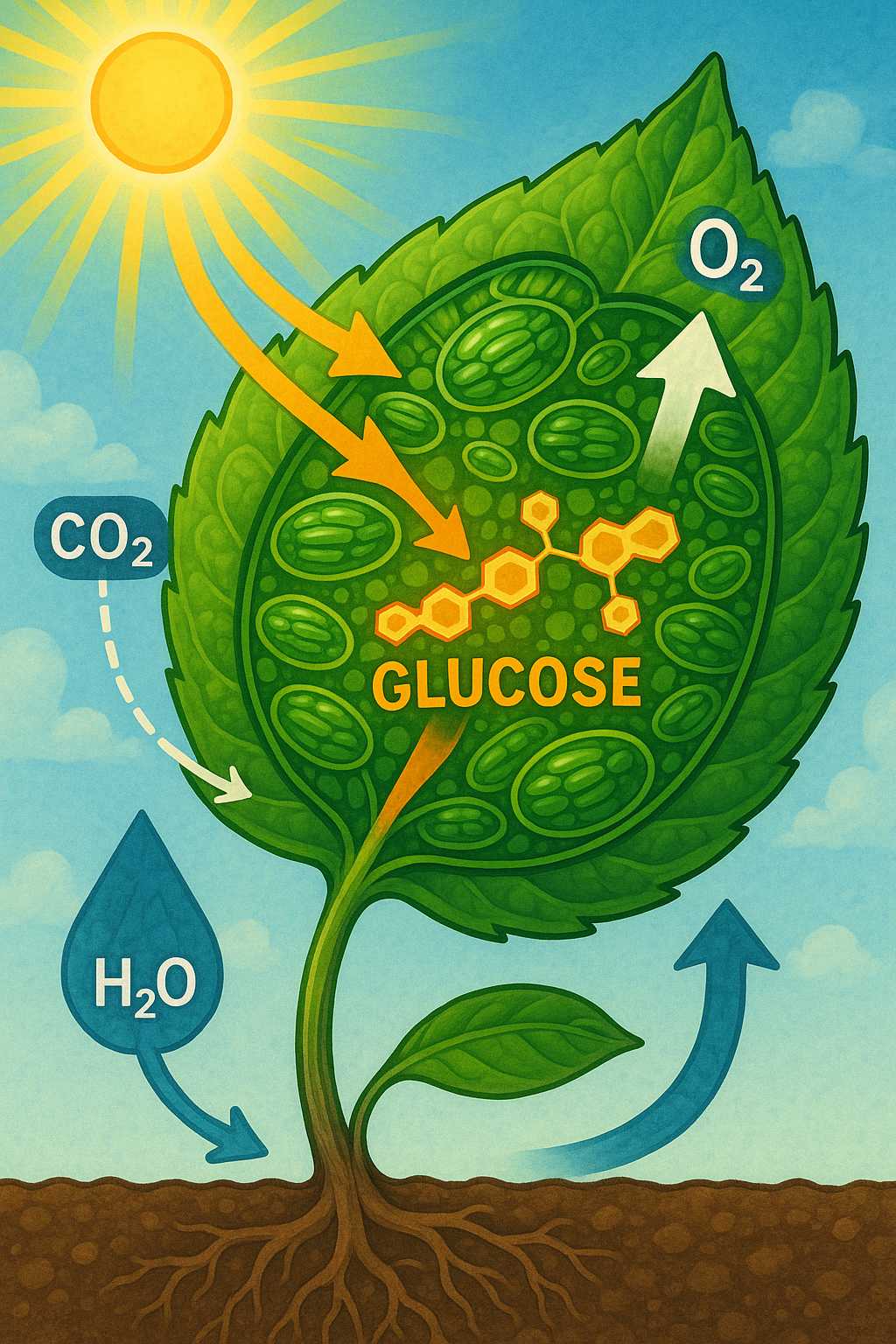
-
The Keck Observatory: Pushing the Boundaries of Optical Astronomy
When discussing the modern marvels of observational astronomy, the W. M. Keck Observatory on Hawaii’s Mauna Kea stands as a towering achievement. Home to two of the world’s largest optical and infrared telescopes, each with a mirror spanning an impressive 10 meters, Keck Observatory has been instrumental in driving discoveries from the farthest galaxies to…
Written by
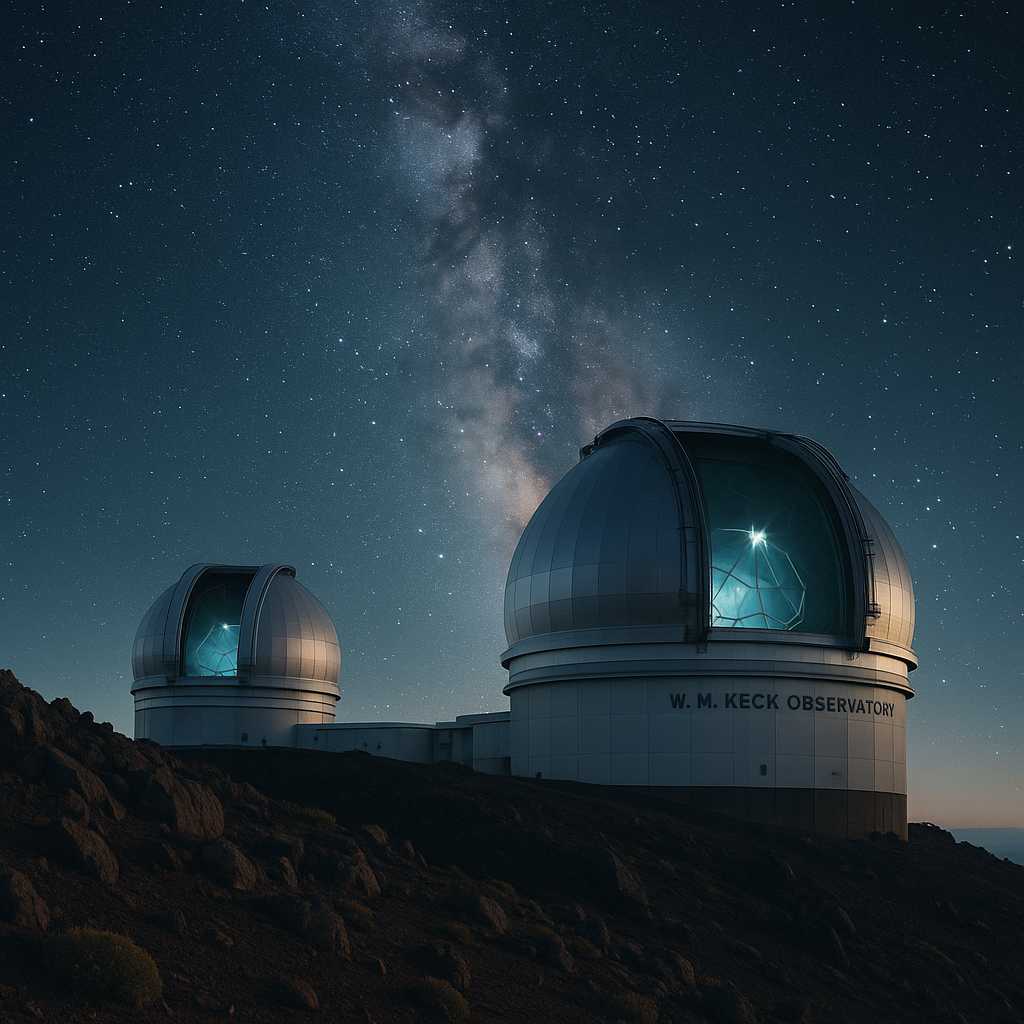
-
Unraveling Cosmic Mysteries: How Astronomers Use Gravitational Lensing
When we gaze into the universe, the light from distant galaxies and stars doesn’t always travel to us in a straight line. Sometimes, it bends and warps along its path—a phenomenon known as gravitational lensing. This remarkable effect not only confirms key predictions of Einstein’s general theory of relativity, but also provides astronomers with a…
Written by
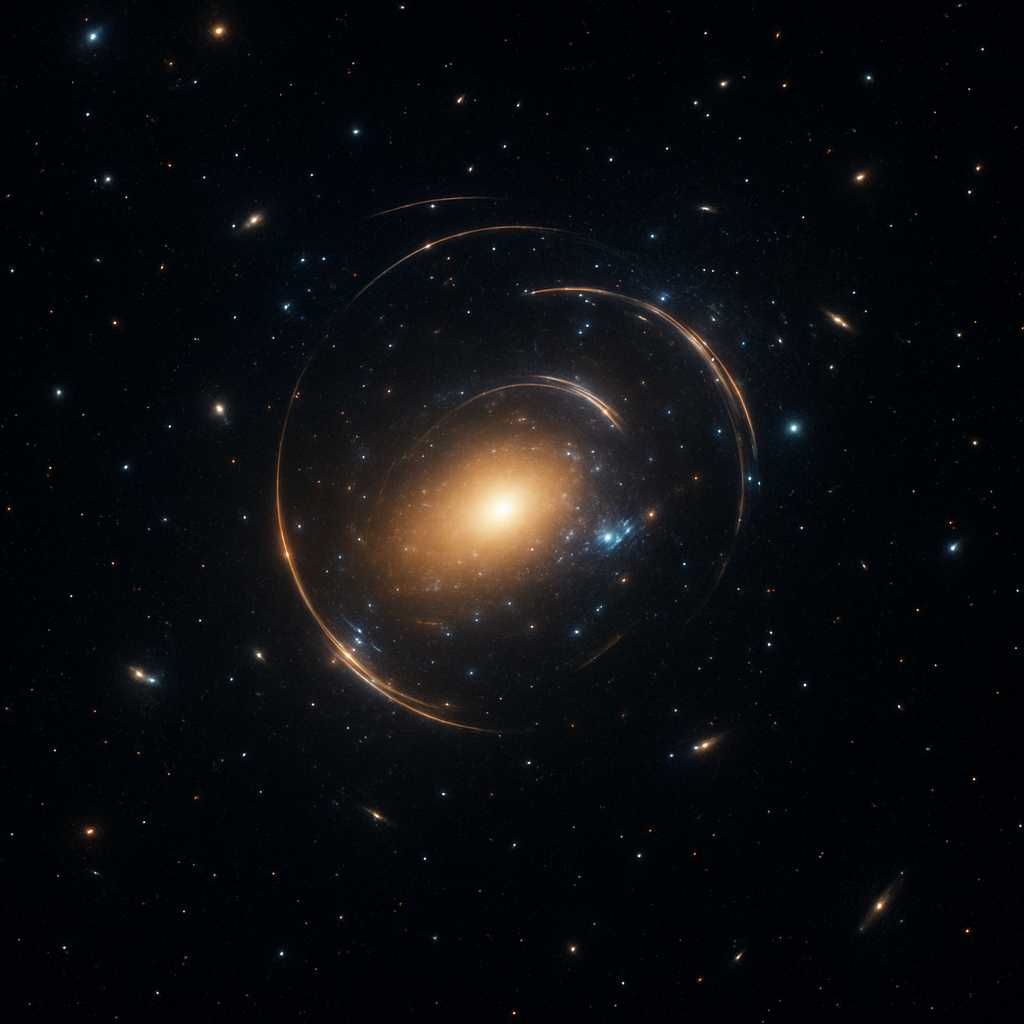
-
Mysteries of Bioluminescence: How and Why Organisms Glow
Bioluminescence has long captivated scientists and nature enthusiasts alike. From the glowing waves of ocean plankton to the flickering lights of fireflies, the natural phenomenon of organisms emitting light is both beautiful and intriguing. But what exactly is the chemistry and biology behind this glow? What is Bioluminescence? Bioluminescence is the production and emission of…
Written by
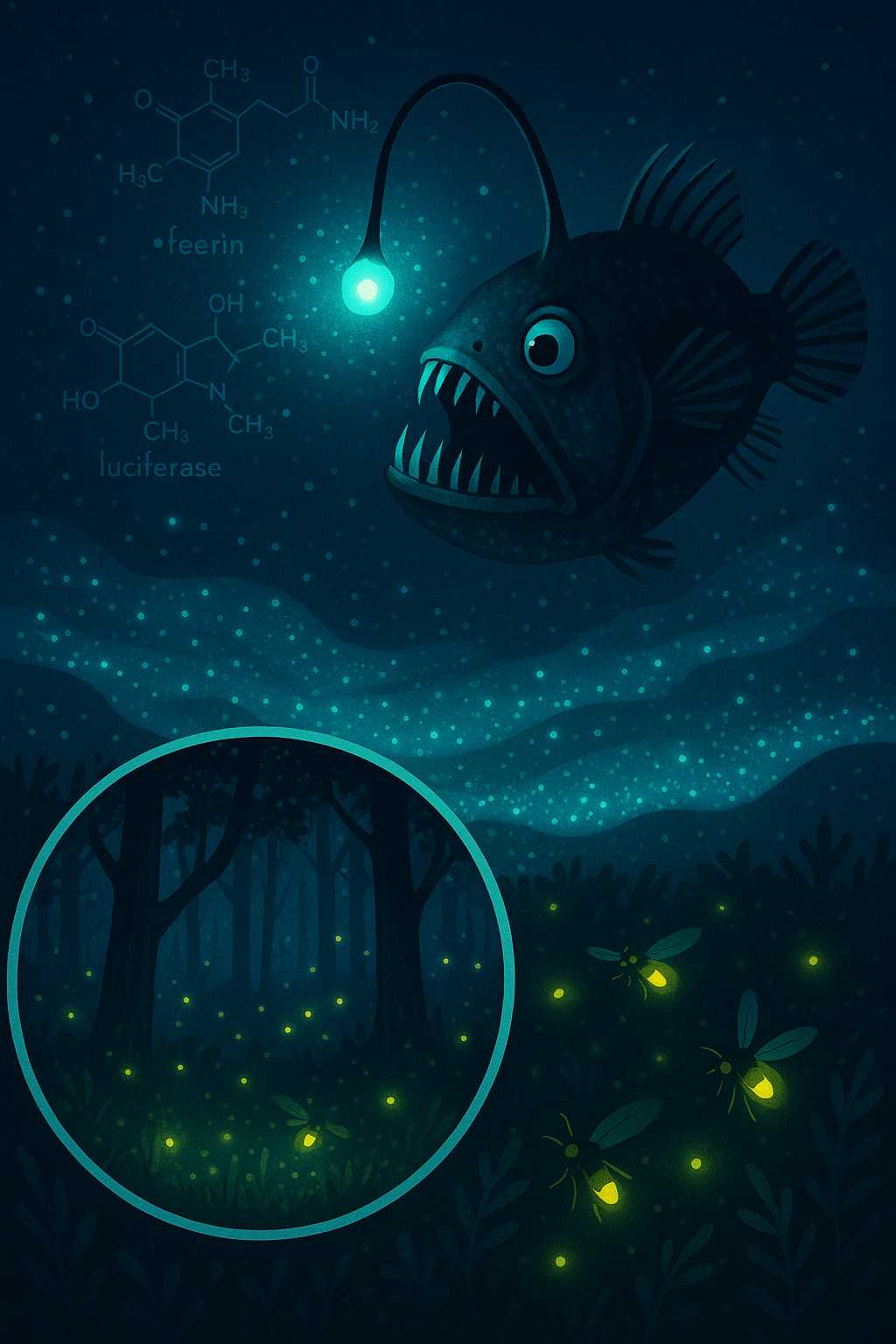
-
How Vaccines Train Our Immune System: The Biology Behind Disease Prevention
Vaccines are among the most significant achievements in medicine, credited with saving millions of lives and eradicating or controlling numerous infectious diseases. But how do these biological marvels actually work inside our bodies? As a scientist, I find the interplay between vaccines and the immune system both fascinating and crucial to understand—especially in our increasingly…
Written by
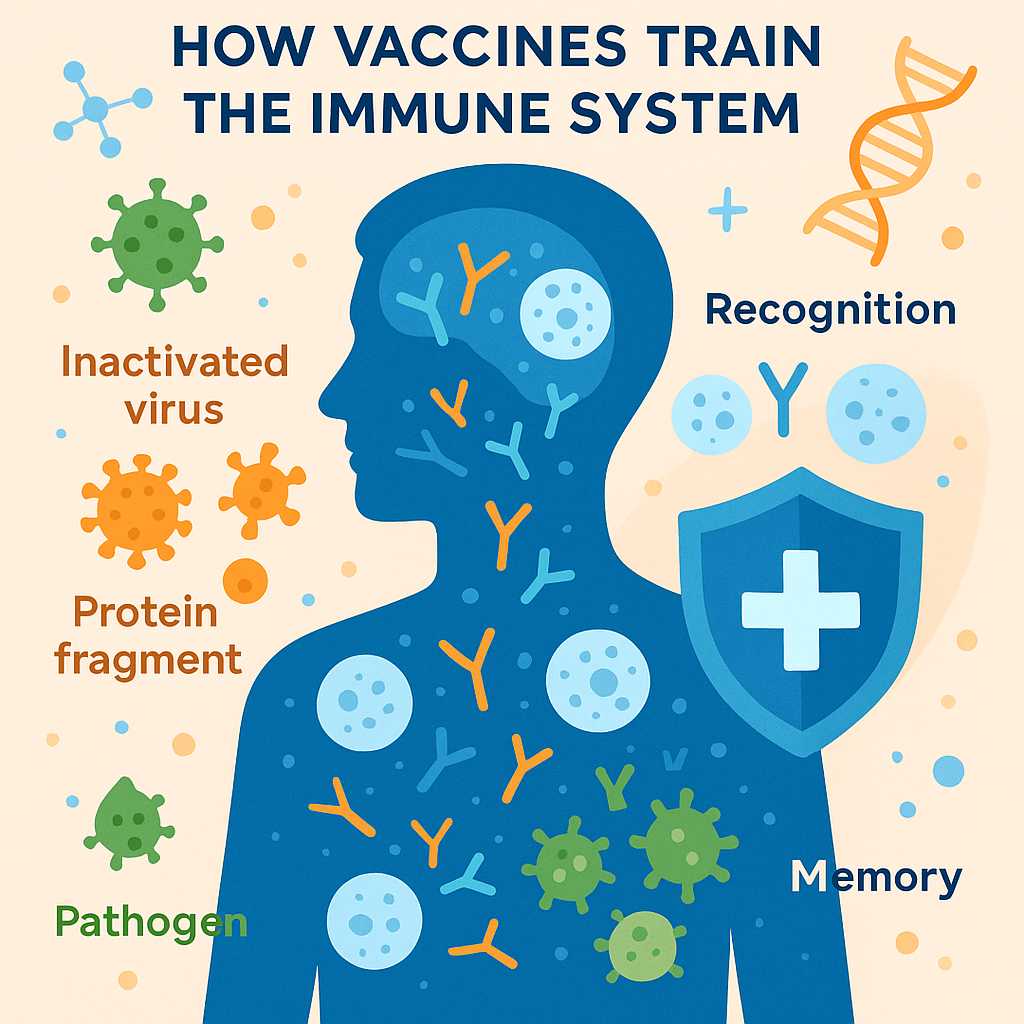
-
The Square Kilometre Array: A Giant Leap for Radio Astronomy
Few scientific endeavors capture the collaborative spirit and ambition of modern astronomy like the Square Kilometre Array (SKA) project. Spanning two continents—South Africa and Australia—this next-generation radio telescope promises to deliver transformative insights into the universe’s earliest epochs and the fundamental laws of physics. As an astronomer, I’d like to explore what makes SKA so…
Written by
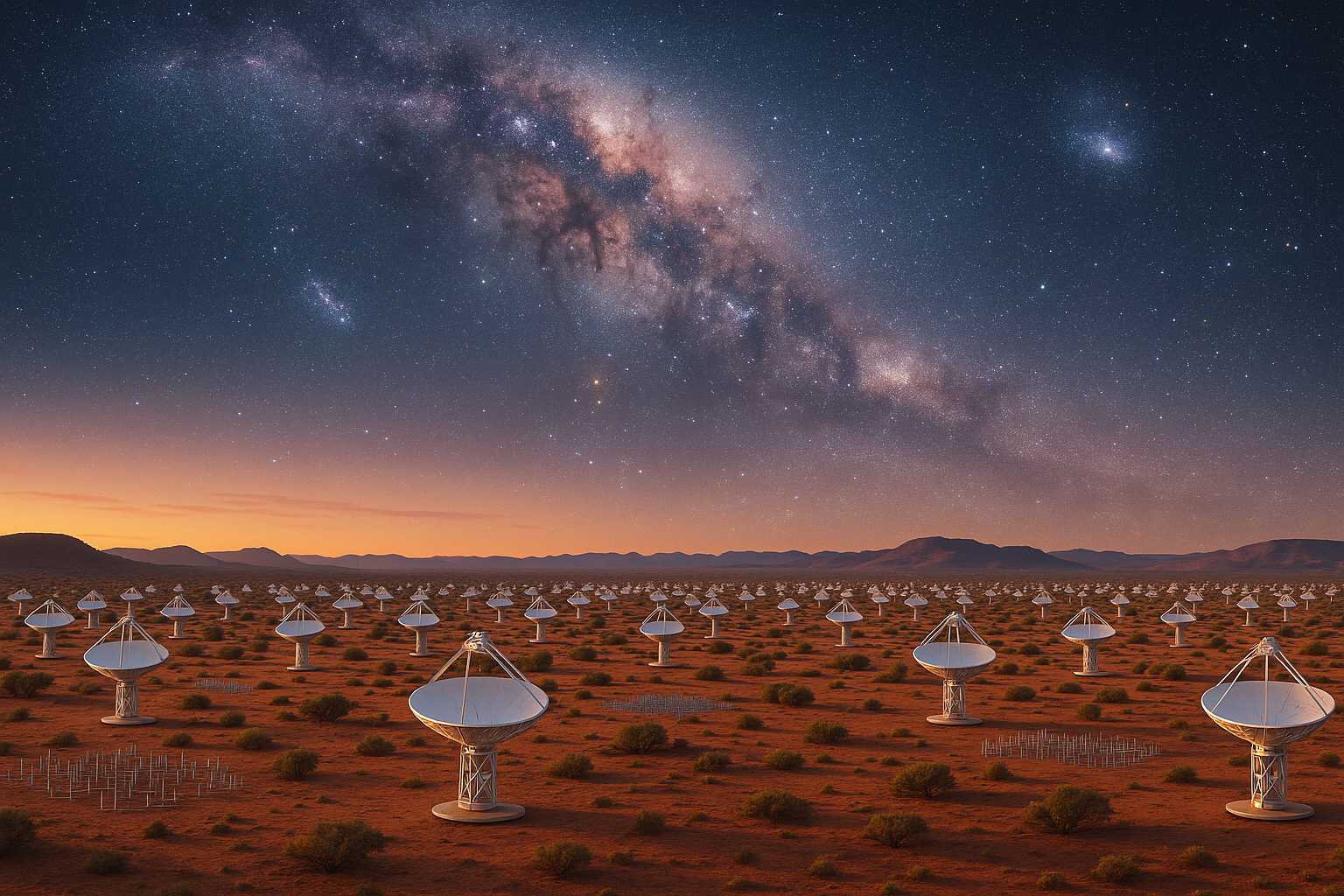
-
The Chemistry of Soap: How It Cleans and Protects Us
Every day, we use soap—often without considering the fascinating science behind this humble household staple. As a scientist, I find the chemistry of soap both elegant and essential, bridging the worlds of biology, chemistry, and everyday life. In this article, let’s unravel the chemical magic that turns fatty substances and alkali into a substance that…
Written by

-
How Antioxidants Protect Our Cells: The Chemistry Behind Cellular Defense
As a scientist fascinated by the interplay between biology and chemistry, I’ve always been intrigued by how our cells defend themselves against internal and external threats. One key mechanism in our cellular defense arsenal involves antioxidants. But what exactly are antioxidants, and how do they work at the molecular level? Reactive Oxygen Species: Friends and…
Written by
